I had the great pleasure of undertaking my level 1 Forest School training last week. It’s something I’ve had on my wish list for some time, and I finally carved out a day to commit to this. Forest School aims to deliver a long-term, learner-centred experience that supports exploration and scaffolded risk taking in a natural outdoor wooded area. In undertaking the training, I aim to be able to deliver such sessions in the future – but that is something a few levels away yet!
The training was delivered by Dr Jo Traunter and Kerrie Lee, both colleagues in the School of Education at the University of Hull. The training itself was also hosted in the beautiful grounds of Thwaite Hall Botanic Gardens in Cottingham. Forest School training at the University is currently only available to staff/students – so a good reason to study at Hull ????
So what did we get up to at Forest School?
I had no idea the Thwaite Hall Botanic Gardens has a fully-equipped classroom. It was a brilliant setting, and we were introduced to the concept of Forest School and where it originated. The ethos of ‘everyone helps’ hit straight at the start, as everyone helped to set up desks, boil kettles and sort out the chairs. The session was brief – giving us chance to get outside and cover the essentials of level 1. Forest School is based on six principles: long term, nature, community, risk, hollistic learning and leadership. More can be found out on the Forest School Association website.
Site safety walk
We started by walking the site, highlighting any potential dangers and identifying the boundaries. As Forest School aims to give learners freedom (and bounded risks), the ability for them to navigate freely is important – within the identified boundaries.
We also played some games to help ensure no-one gets lost. Everyone was given a number, and as a register, we’d each shout our numbers in turn. The Leaders were 1 and 15, ensuring they started and ended the roll call. This was a much quicker way of ensuring everyone stayed together. We also played the 1-2-3 where are you hide and seek safety game.
Den building
Yes! We got to build outdoor shelters. We were given access to some tarpaulin, pegs, strings and scissors. Other than that, we had our creativity and whatever materials we could find. One of the rules of Forest School is to leave no mark, so we were not to pull down any branches or damage the natural environment. An important part of the end of the day was also to disband the shelters! Building the shelter was a brilliant team-based activity, and we really got into it! I mean… I would have happily done this all day.



Lighting a fire
Before starting with the fire, there was lots of focus on how to keep safe. A rope was used to set boundaries, ensuring no one gets near to the fire – a useful reminder for when working with children (and also in the ethos of safe and managed risks!).
I’ve never used flint and steel before, so was absolutely thrilled at the opportunity to give this a go! We all were given a bull dog clip to bury in the ground, and a cotton wool ball to hold with it. We were able to practice setting the cotton wool ball on fire, before throwing the whole thing into the fire pit. As the fire began to take, we all gathered dry wood to build it up. Once fully blazing, we then had marshmallows and crumpets to toast. DELICIOUS! (Also a big thanks to Kerrie and Jo for bringing along gluten-free snacks too, which helped me feel super included!).
Tool talks
As part of Forest School level 1, we had to learn the use of at least three tools. The key message on the use of tools was focused around safe usage! We learned to use knives to whittle and shears and saws to cut. When utilising any tool, we stool in a plastic hoop to indicate the safety zone. This is a useful way to help children keep a safe distance from each other. Part of the fun here was to state we are ‘Activating the Blood Zone’ – a useful phrase to help kids remember. For each tool, we had to wear a safety glove, wear a high-vis vest and stand in the hoop. This all helped to focus on safety first.
Doing all this felt a little silly for an all-adult group. But it wasn’t. It was a good reminder of how to keep safety to the fore, allowing young people to experiment as part of their Forest School experience, but to do so safely.
Identifying foliage
An ongoing part of our day was to identify different plants and trees. While this session was run in Spring, there was more leaf litter than leaves of the trees so we used Autumnal identification sheets. It was actually harder than I expected, but at this point in the season the leaves were pretty degraded. I also had some fun experiment with AI identification – but that felt a little out of the spirit of Forest School.





Heading back to the city
As a group, we had an absolutely amazing day in the Forest School. However, sadly, the day had to come an end. In the spirit of Forest School, we worked to clear up all our mess, take down our shelters and ensure we left no trace – just footprints. I really can’t wait to start level 2 – though have to wait for a new season (as it has to be in a different season to level 1).






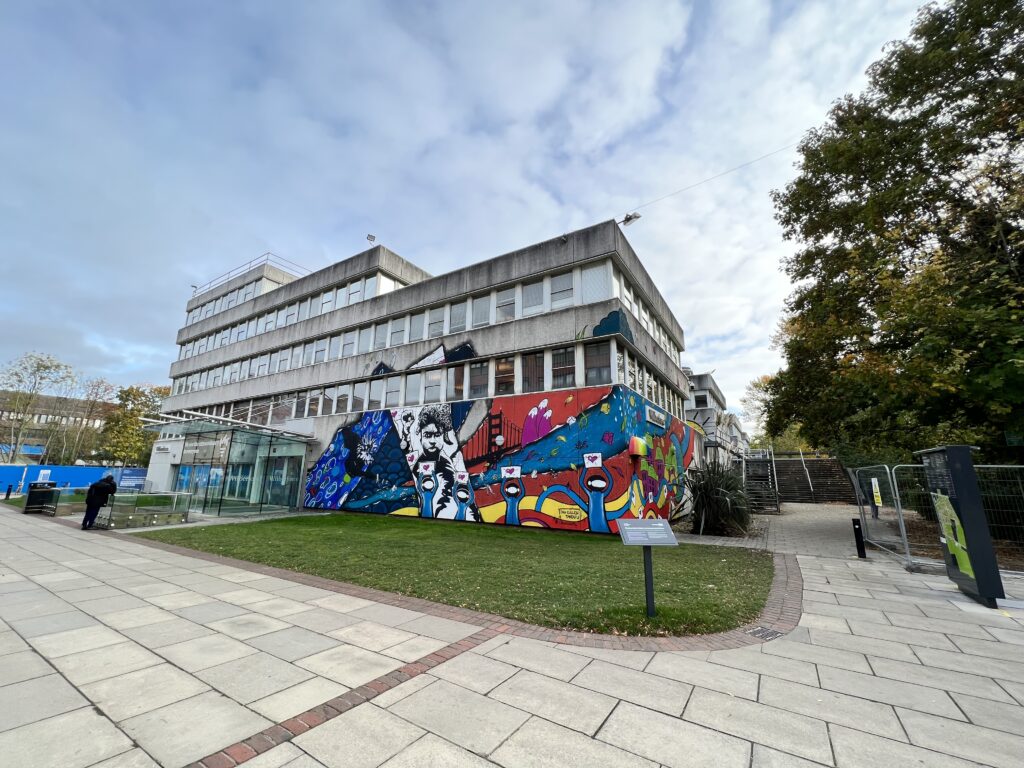
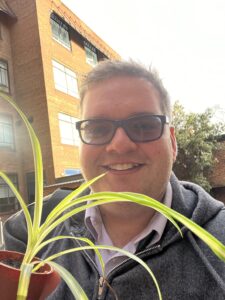
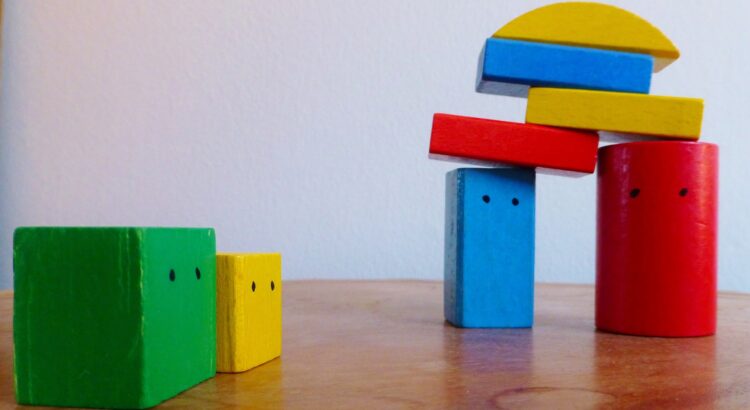



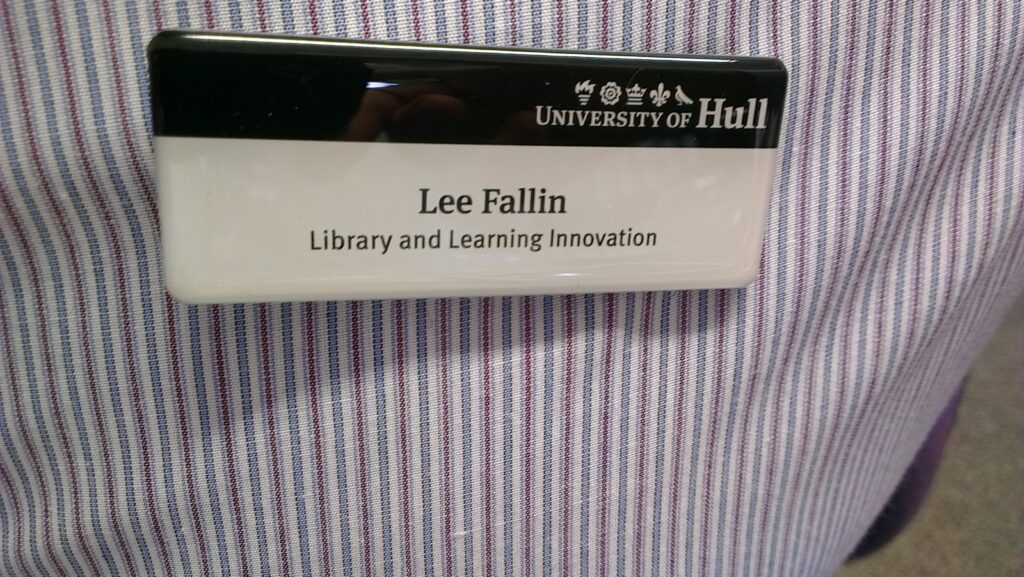





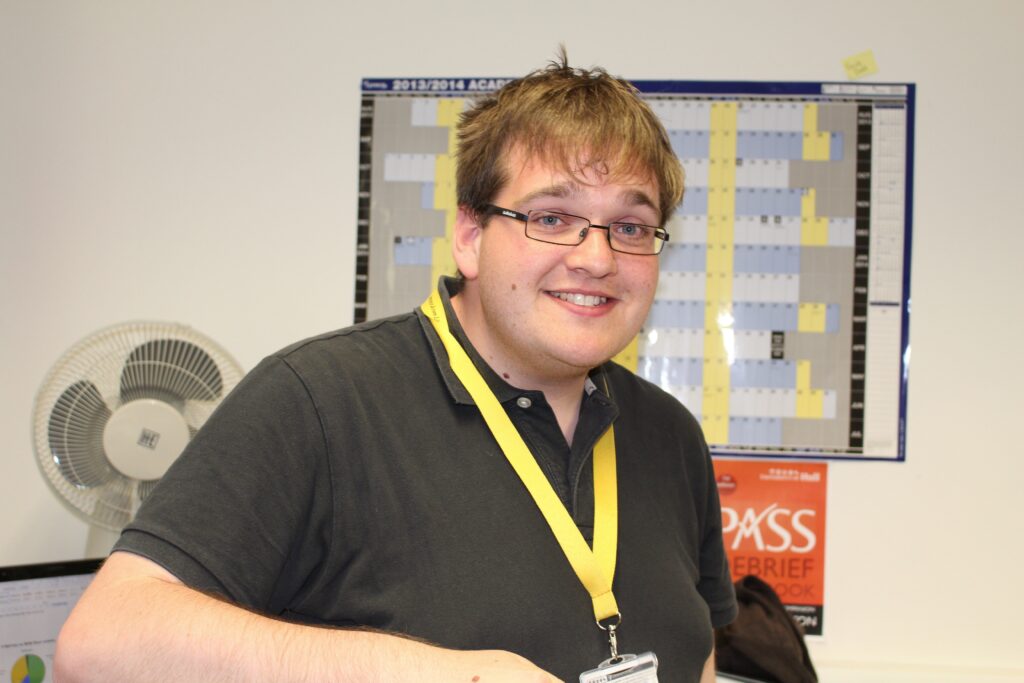
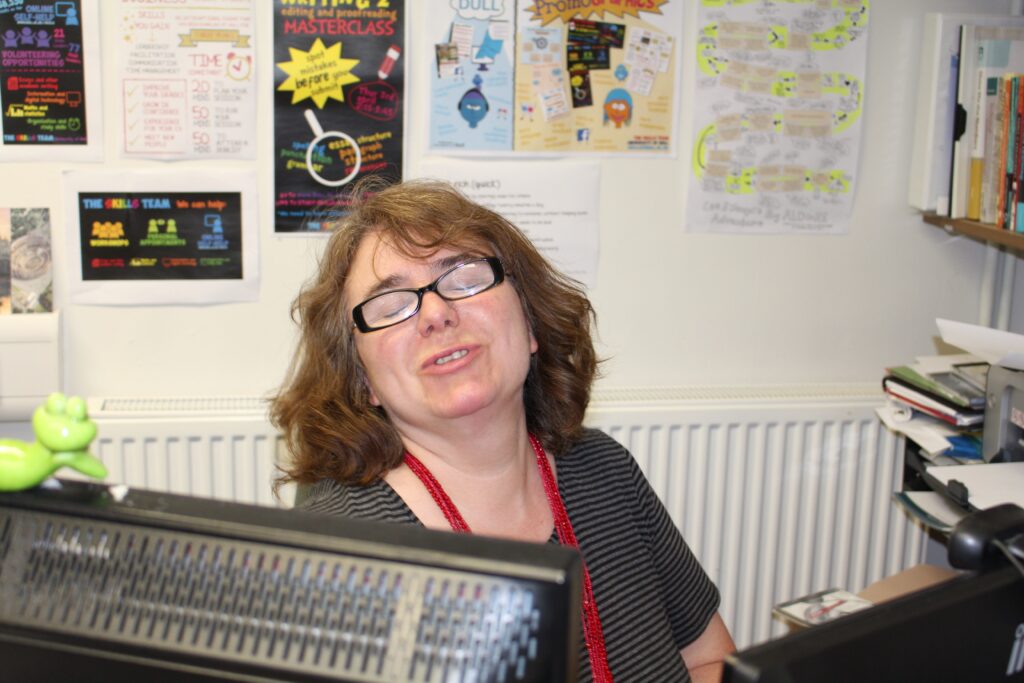








































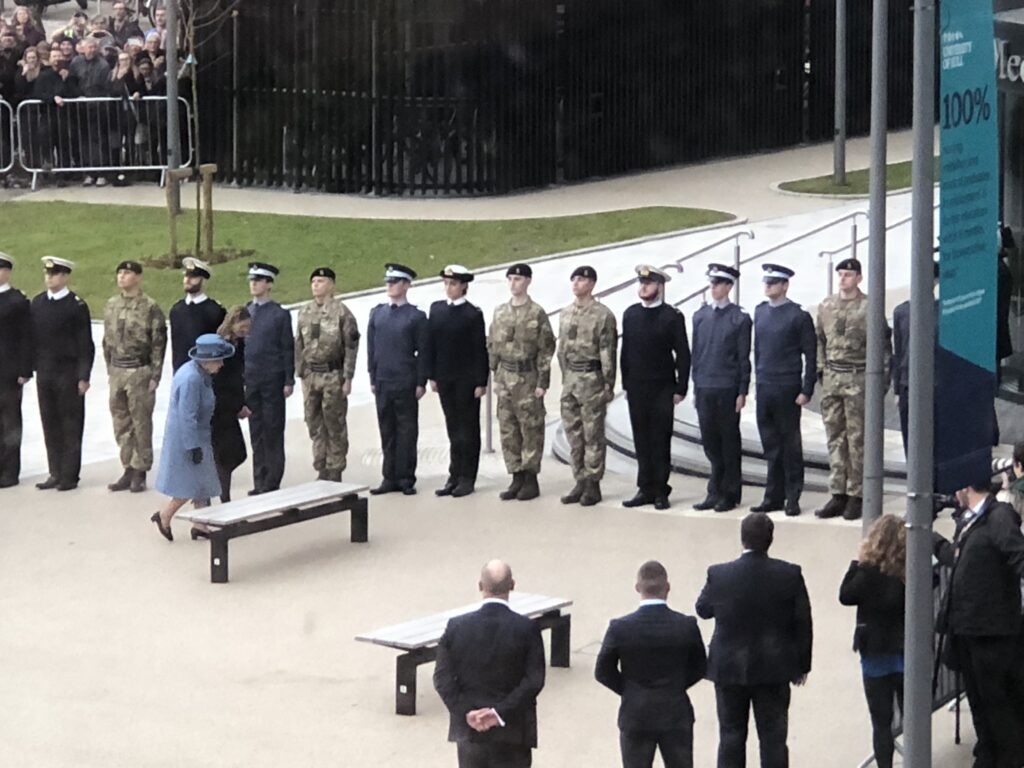

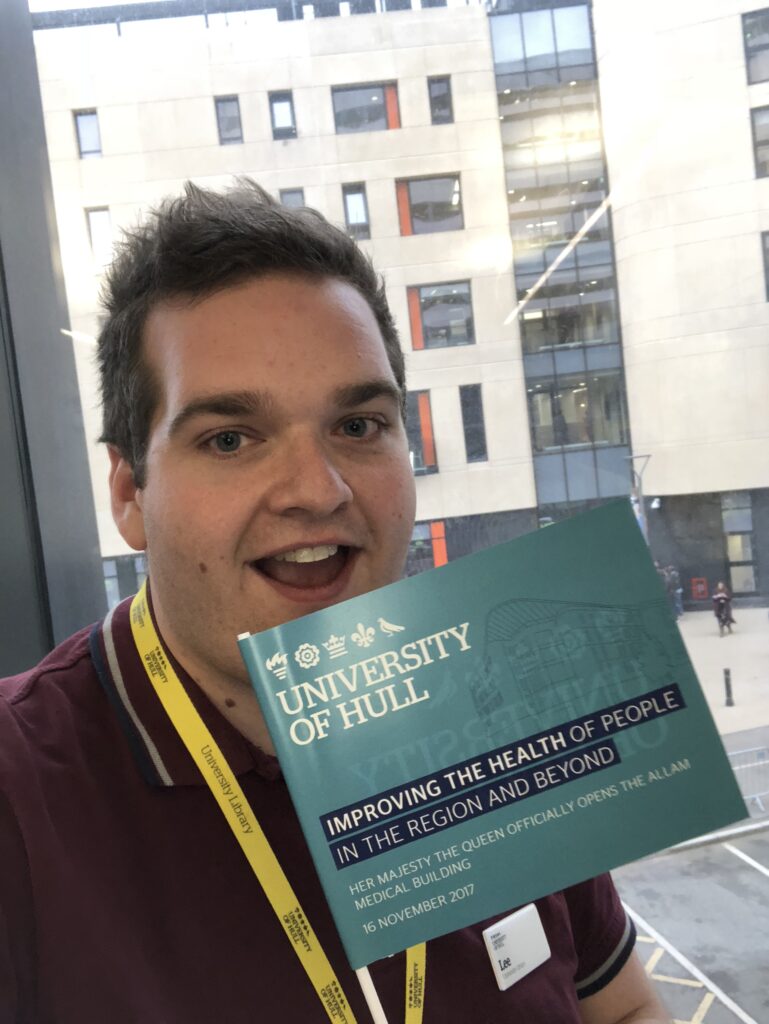










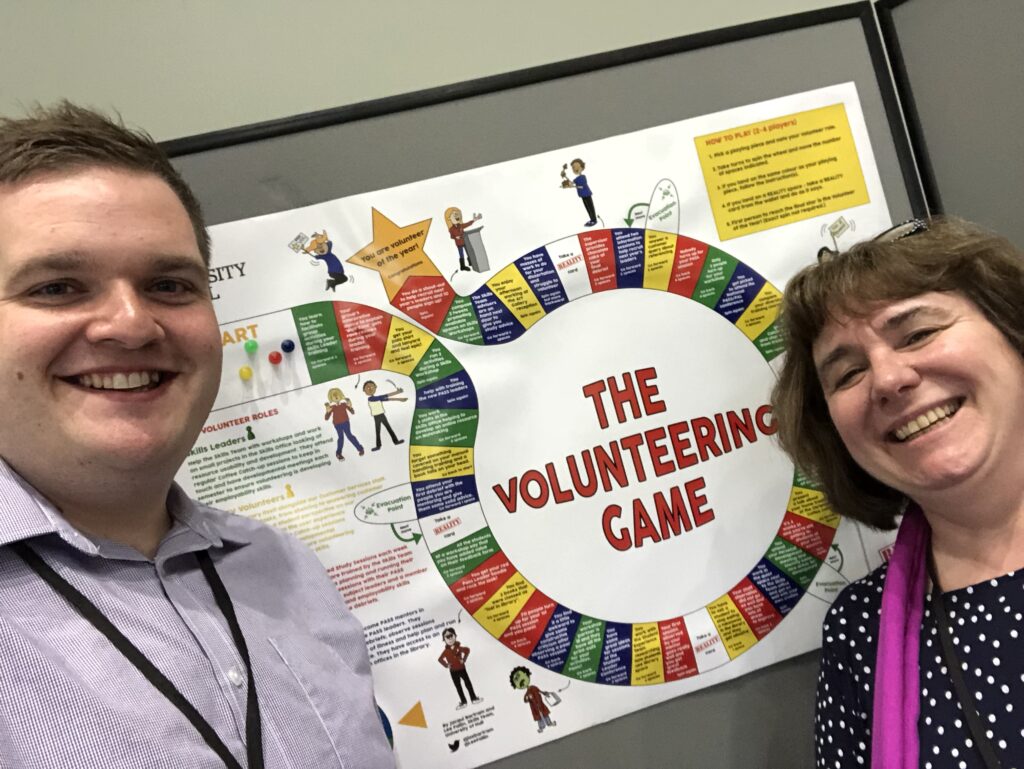



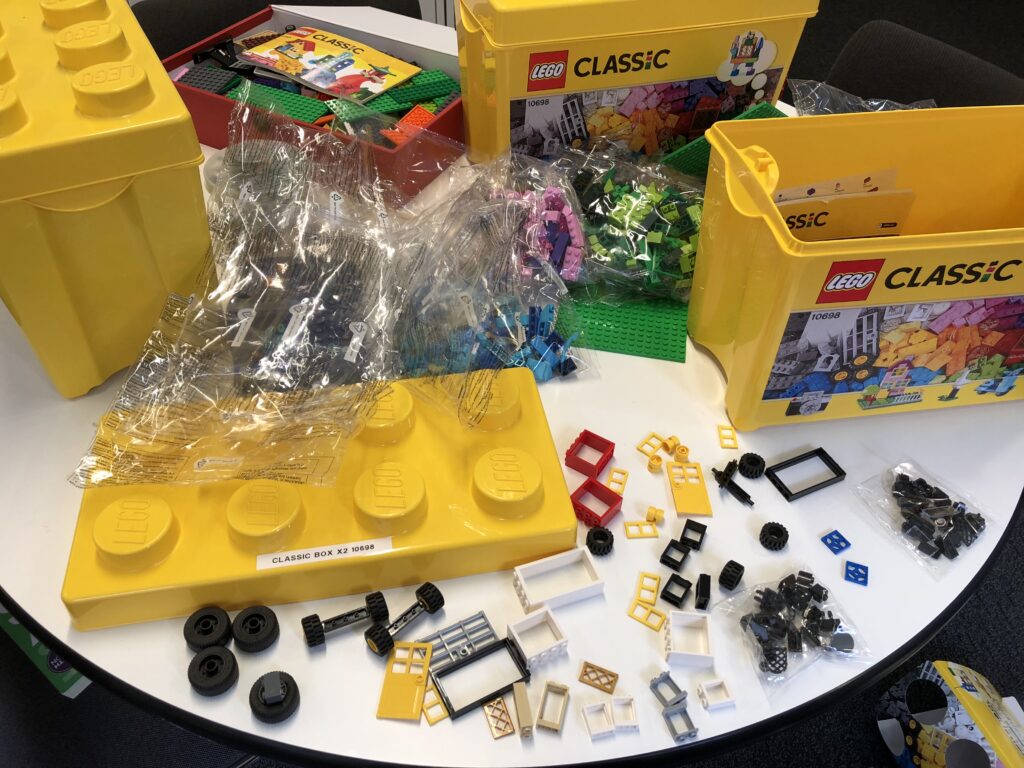




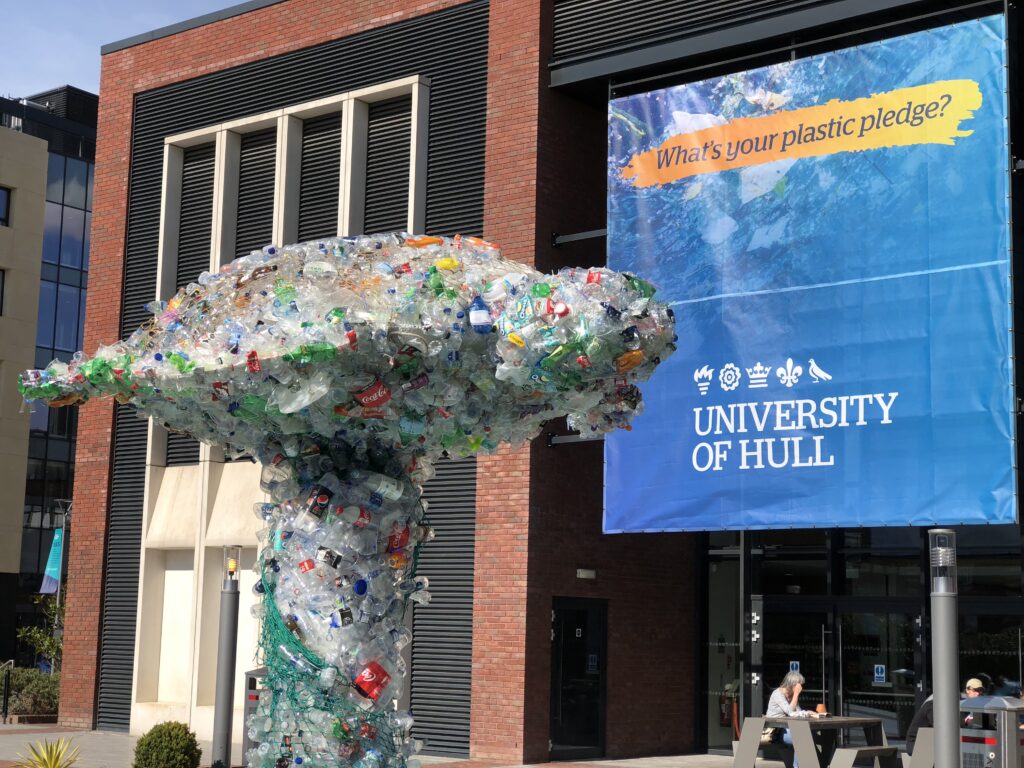



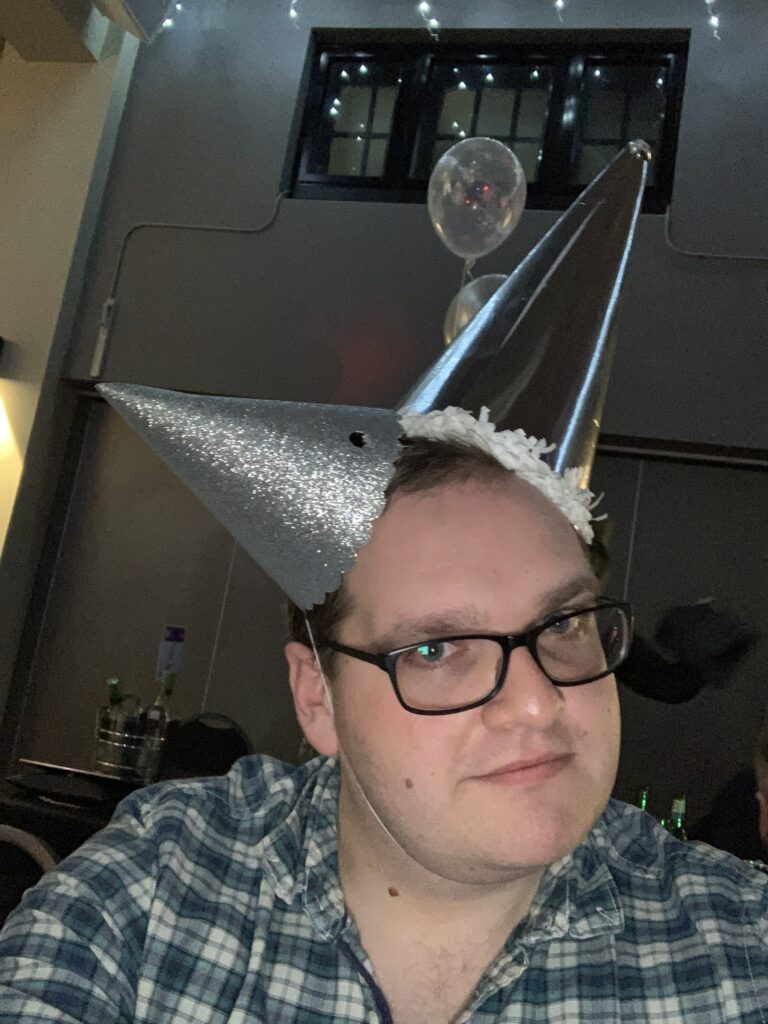


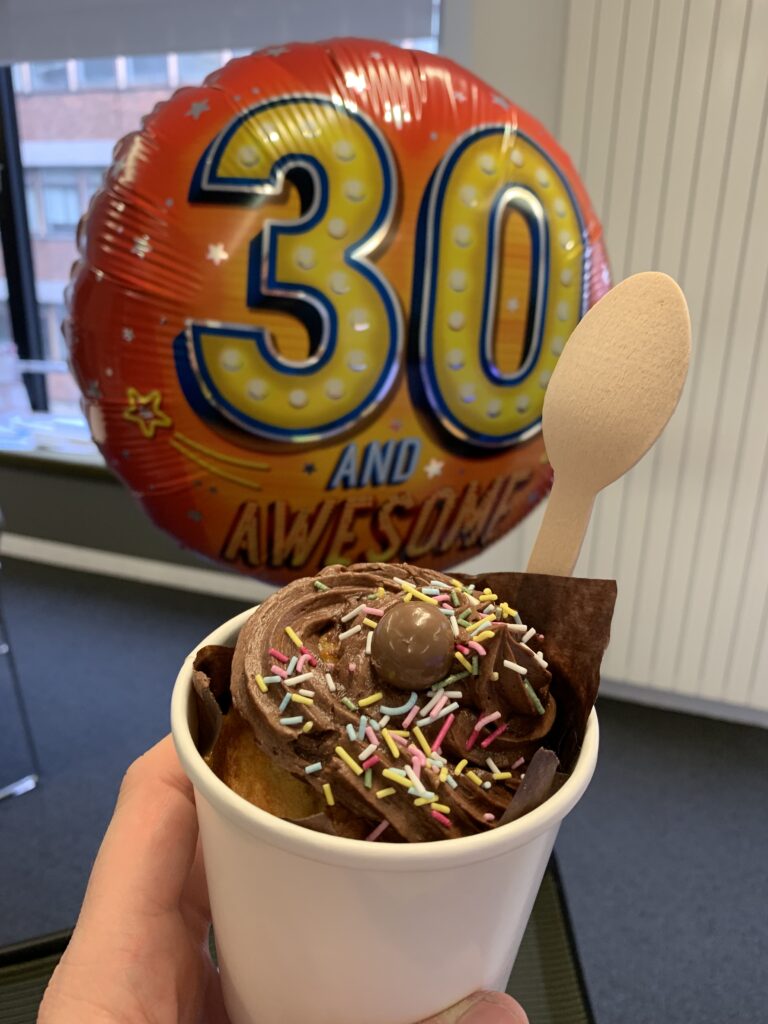




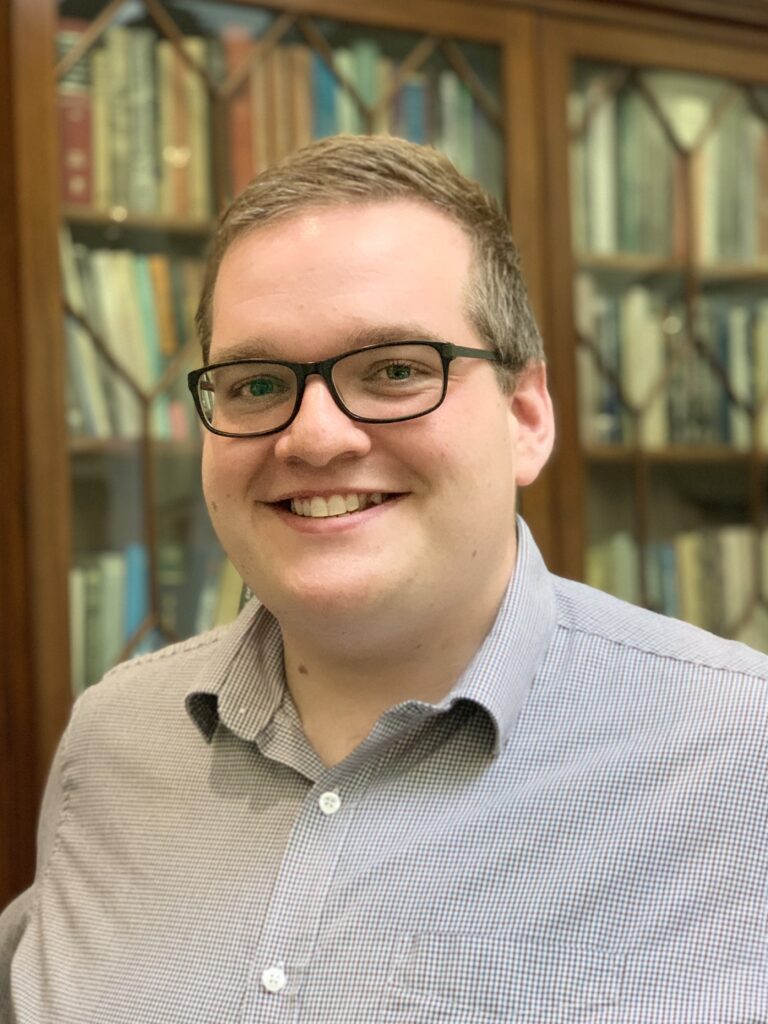
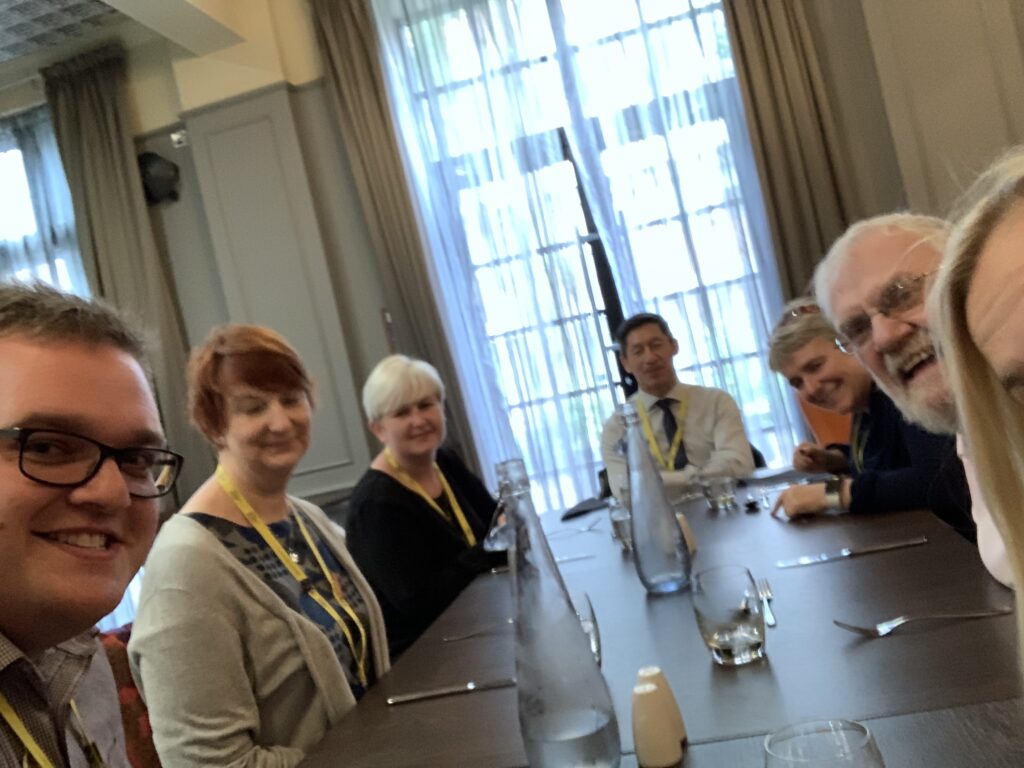


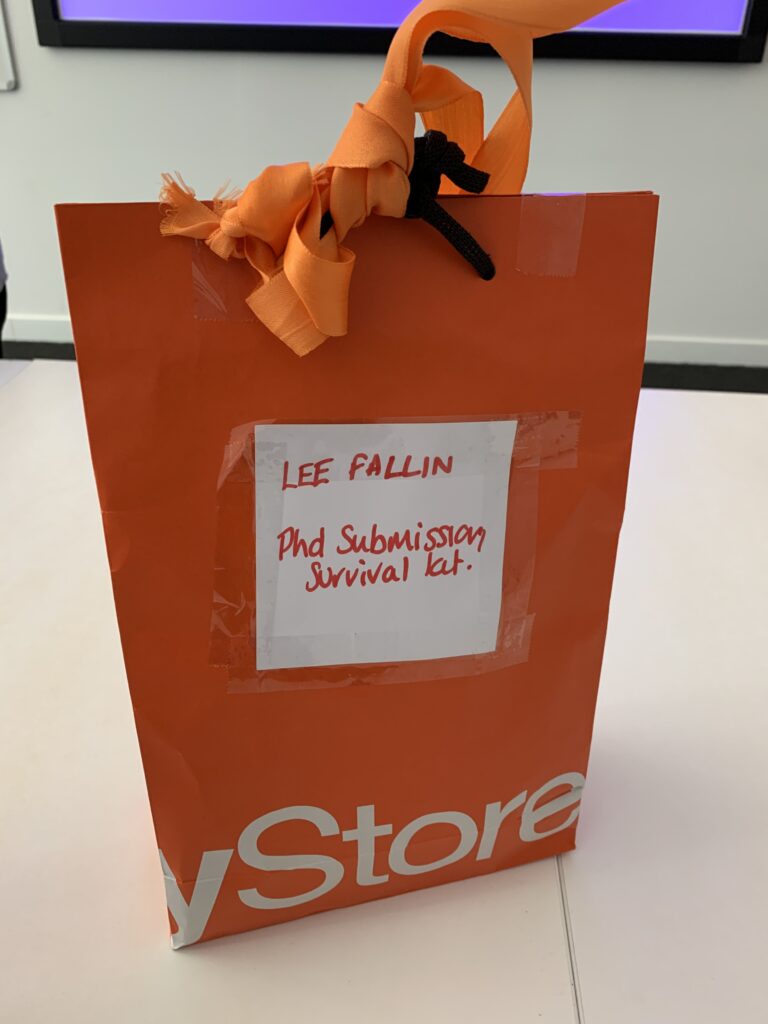




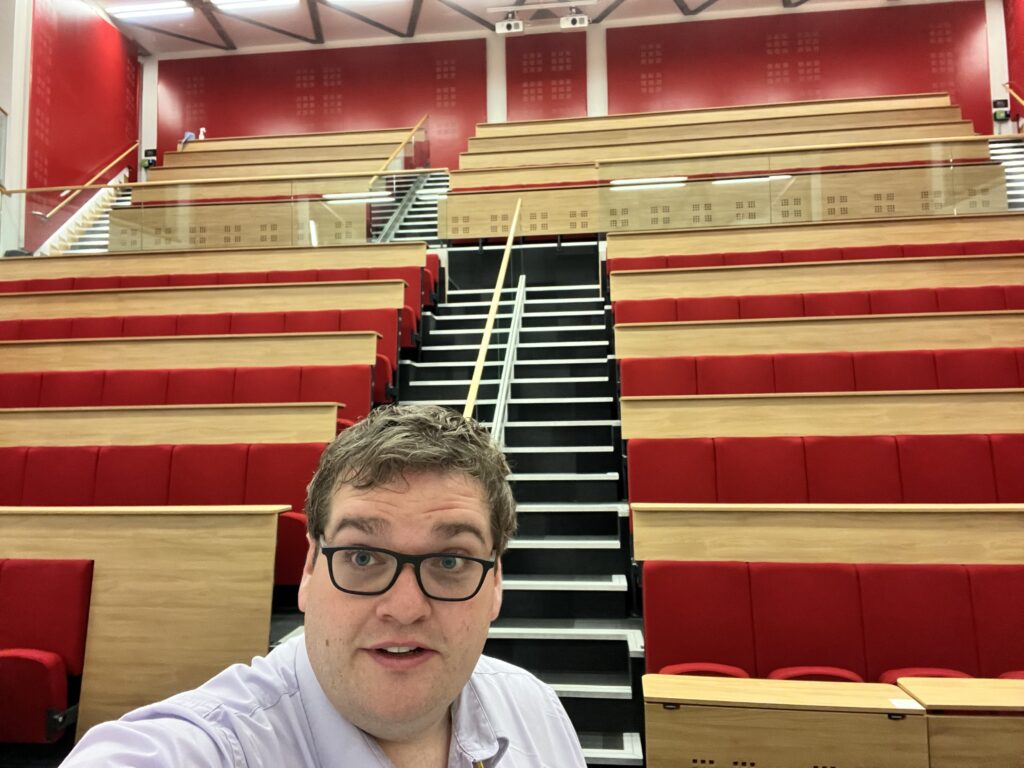









Recent Comments